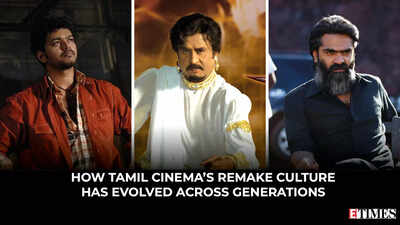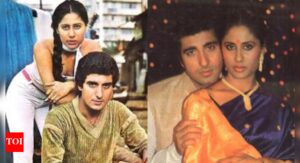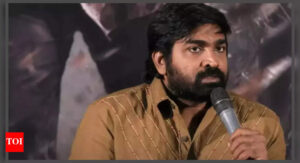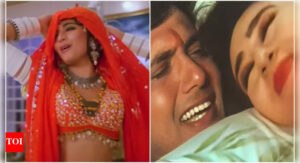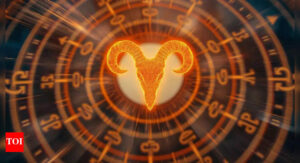From cultural adaptations to direct dubs: How Tamil cinema’s remake culture has evolved across generations | Tamil Movie News
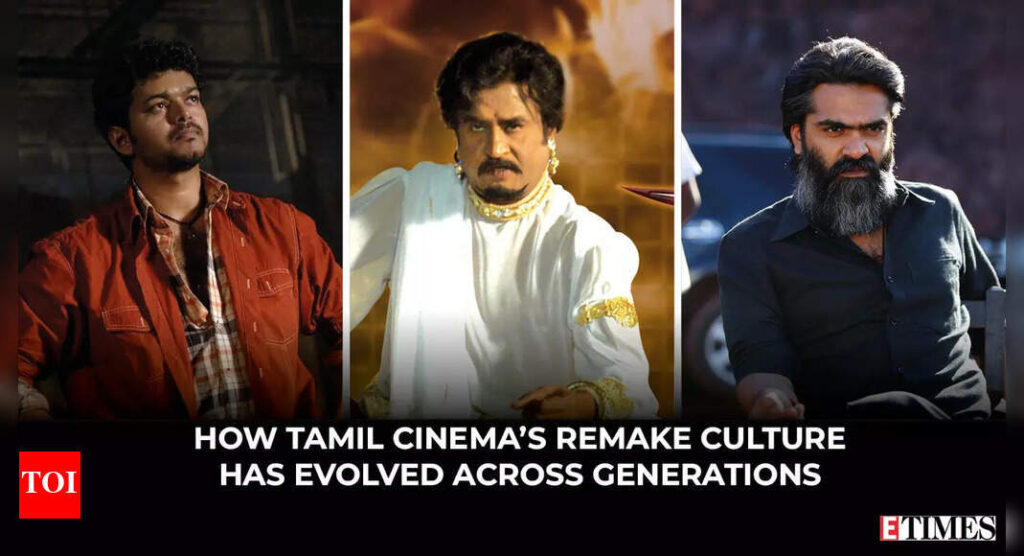
Now, South Indian films are being released simultaneously in Tamil and other South Indian languages. In the past, it was common for people to buy the remake rights of a film released in one language and then film it in other languages. But now, every multilingual film is being released in Tamil simultaneously. As a result, the remake culture is clearly declining.
When remakes had soul
The directors and actors of the previous generation adapted the story in the remake films to suit their culture and presented the screenplay according to the taste of the Tamil fans. For example, the Malayalam film ‘Manichitrathazhu’ was transformed into ‘Chandramukhi’ in Tamil. Although the story angle remained the same, the subtle changes in the format impressed the audience. Similarly, many hit Hindi and Telugu films have been successful in Tamil.The main quality of the previous generation was their ability to retell the story from their own perspective. The audience had the feeling that the same story is being changed for them to suit them. Those remakes were well-ingrained in the minds and culture of Tamil audiences. But today, that research, that attention to detail has waned. The style of approaching the remakes only from a commercial perspective is not conducive to positive audience acceptance.
Why is Tamil cinema losing the art of cultural storytelling?
Producers and directors from today’s generation often take the film to Tamil audiences through simultaneous translation or dubbing. This trend has given fans the opportunity to experience films more quickly and has reduced the demand for remakes. But here, there is also a new challenge: not all cultural differences in translated films are understandable to Tamils.One drawback of today’s remakes is that most films only do so at the translation level. The underlying sentiments of the story, the feelings of that community, all of that don’t get enough dimension in Tamil. They don’t change the story from their perspective like directors did in the past. This also affects the audience’s experience.“I don’t understand why we compare a remake to the original. Comparisons limit our enjoyment—in effect, they kill entertainment” said director R Kannan, who made several Tamil remakes, during his speech at ‘The Great Indian Kitchen’ promotions.
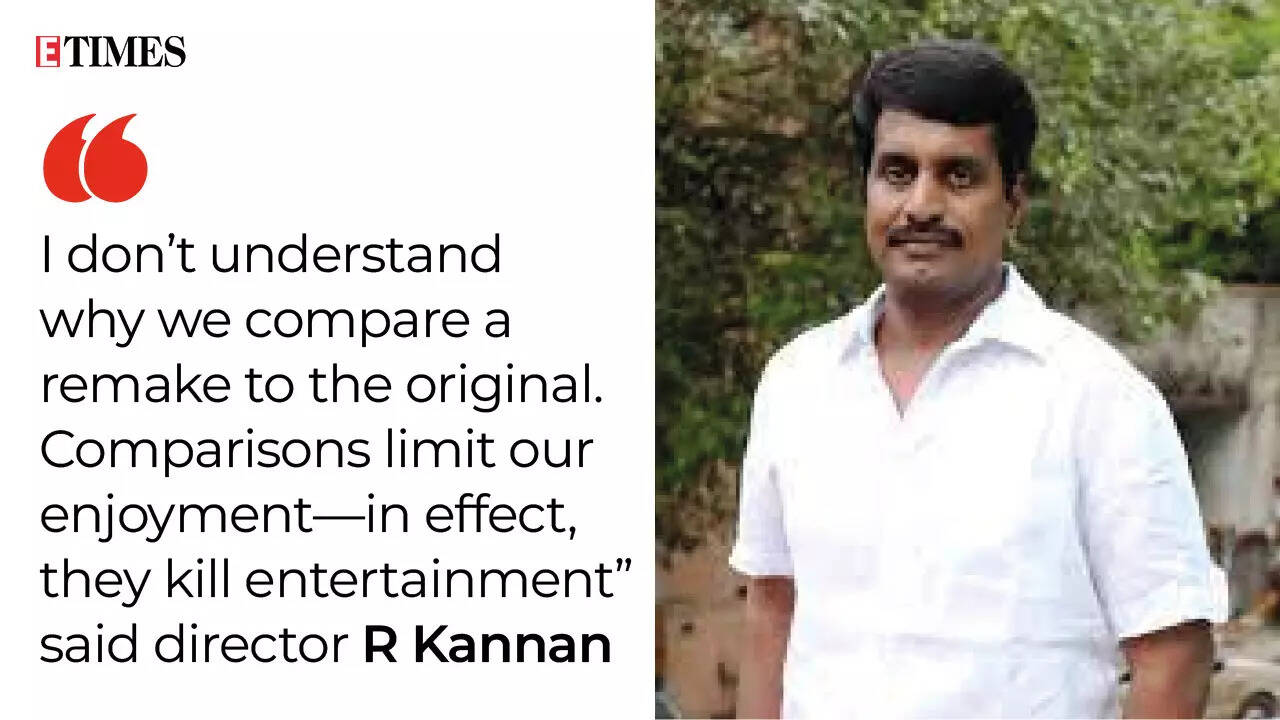
“I was offered to remake 3 Idiots in Tamil—but I refused. Recreating a role exactly? It’s impossible for me. Comparison ruins the magic of the first experience,” said R Madhavan on clarifying ‘3 Idiots’ Tamil remake ‘Nanban’ at ‘Laal Singh Chaddha’ pre-release event.
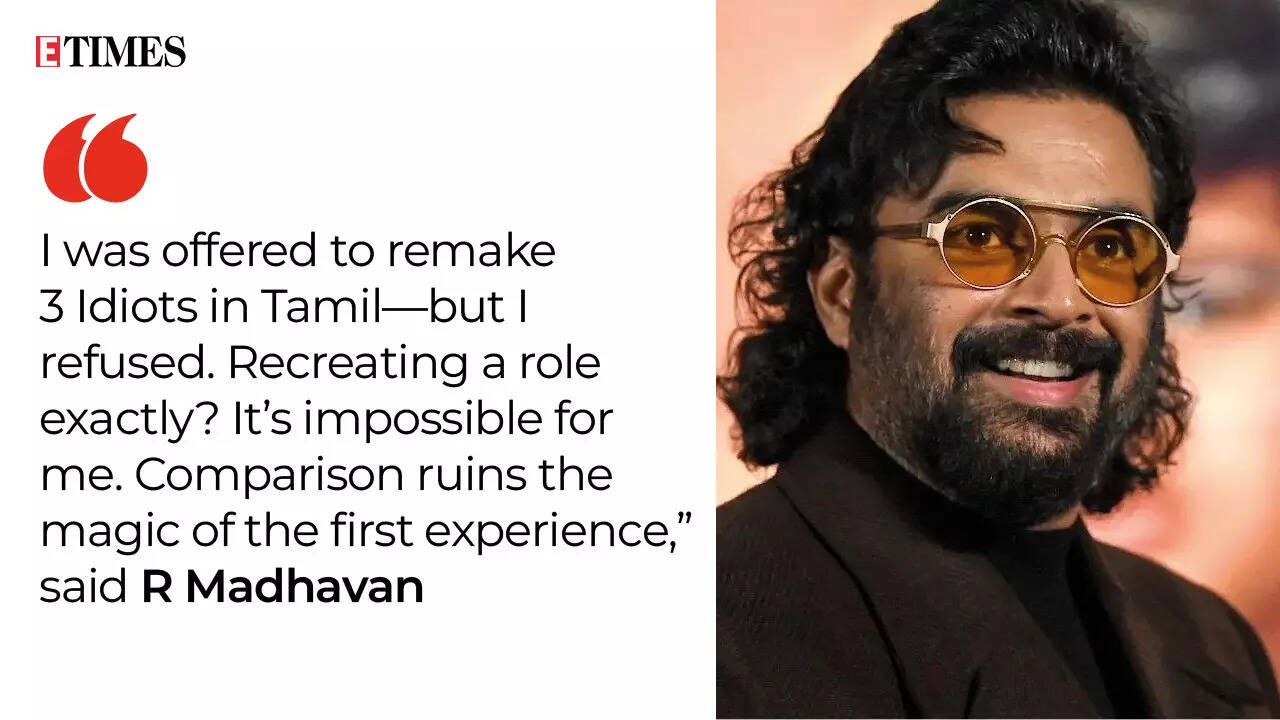
“A remake is like an adopted child, success lies in making it believe you’re its true parent, even if the world never stops reminding you that you’re not,” said Mohan Raja in his exclusive chat with Etimes.
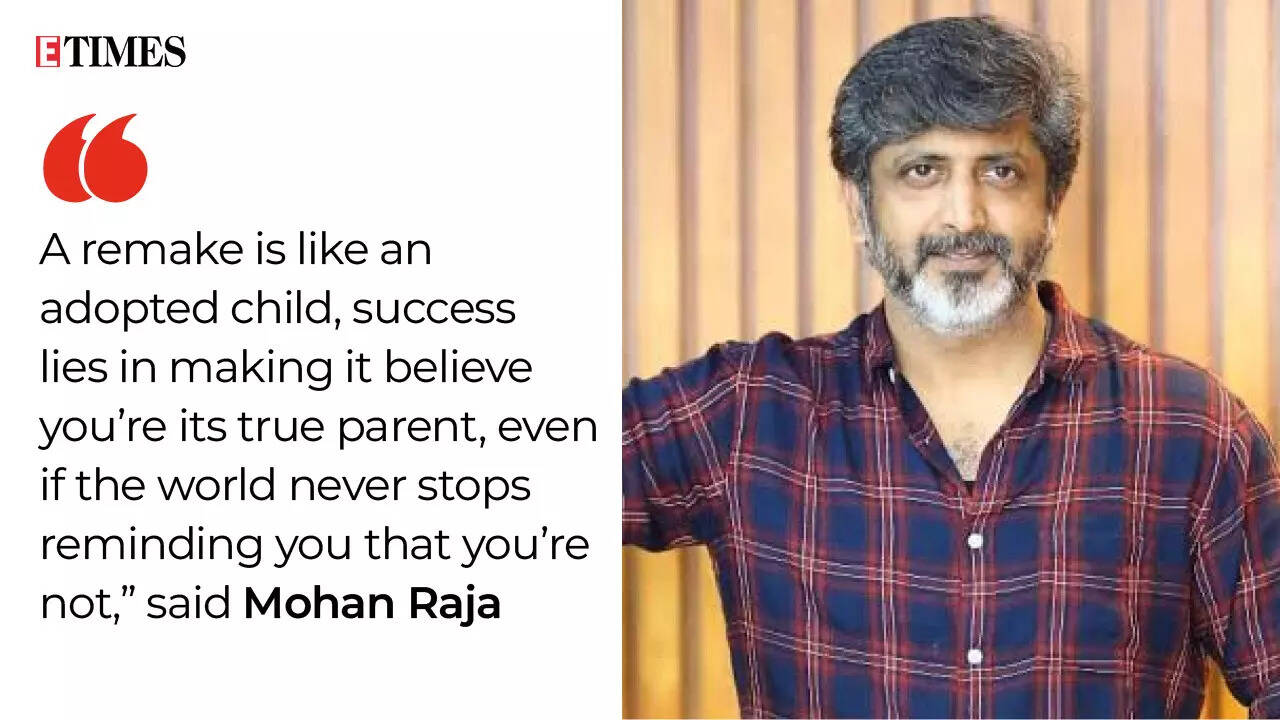
Then vs now
Overall, the remake culture is experiencing a shift. The older generation carried it with uniqueness, but today’s generation does it faster, in less time. While the digital age has allowed stories to spread quickly around the world, the ability to tell a story from a new perspective with inherent impact is lacking in today’s remake culture.
